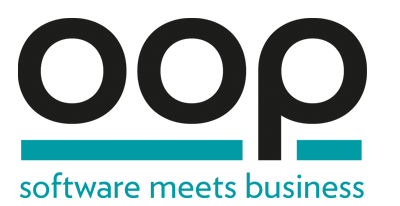Please note:
On this page you will only see the English-language presentations of the conference. You can find all conference sessions, including the German speaking ones, here.
The times given in the conference program of OOP 2024 correspond to Central European Time (CET).
By clicking on "VORTRAG MERKEN" within the lecture descriptions you can arrange your own schedule. You can view your schedule at any time using the icon in the upper right corner.
Track: Thinking DevOps further
- Dienstag
30.01. - Donnerstag
01.02.
As more organizations are moving to the cloud, cloud architectures are getting more sophisticated by having a kind of technology diversity. This includes for example container orchestrators, database services, networking components & virtual machines.
When it comes to security, observability on this diversity is paramount. The main question here is, do you really perceive when your app landscape is under attack?
In this session, you'll have the opportunity to see various attack vectors & ways to…
"Which programming language is the fastest" usually is everyone's first thought when green software is mentioned! It's a common deduction that the fastest code is, therefore, the most efficient, which then, of course, can save us from this climate disaster. However, code efficiency is not even half of the story! In this talk, Sarah will review the three approaches that make software green. She will also introduce efficiency-achieving practices that can take us closer to fighting this pesky…
Data, the way that we process it and store it, is one of many important aspects of IT. Data is the lifeblood of our organizations, supporting real-time business processes and decision-making. For our DevOps strategy to be truly effective we must be able to safely and quickly evolve production databases, just as we safely and quickly evolve production code. Yet for many organizations their data sources prove to be less than trustworthy and their data-oriented development efforts little more than…
DevOps isn't dead yet and it will not die in the future. Platform engineering comes to leverage DevOps practices horizontally to support developers, operations and those in between. In this session, I will give you a perspective on how to move on from DevOps to Platform Engineering, how to design and shape your internal platform and build a vibrant community sharing best practices and enabling each other to overcome faster issues. In the end you will understand how we can reduce the cognitive…

